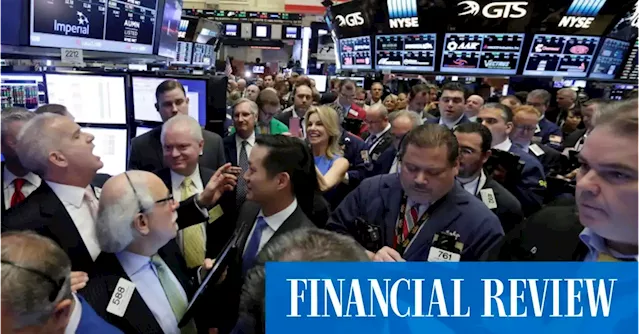It was 5.42 am on March 8 in London when the nickel market broke. At that time of day, bleary-eyed traders are typically just glancing at prices as they swig coffee on their way to the office.
jolted global markets, showing how the removal of one of the world’s largest exporters of resources from the financial system within weeks is having ripple effects across the world., who had amassed a big wager that nickel prices would fall through his company Tsingshan Holding Group.
The LME’s history dates back to the early 19th century, when metal traders drew a circle in the sawdust on the floor of the Jerusalem Coffee House in the City of London. Today, in addition to its electronic market, it’s one of the last exchanges where brokers still gather in person to yell orders at one another for part of the day.
By early this year, it had taken ownership of more than half of the available nickel in LME warehouses. For a while, it was unclear which view of the market would prevail. Most analysts sided with Xiang, at least in the medium term, believing that nickel production – led by Tsingshan and its competitors in Indonesia – would outpace demand.
It’s not clear to what extent Xiang saw his position as merely a hedge or as a speculative bet. The annals of commodity markets are full of tales of producers and traders, from Metallgesellschaft to Sumitomo, that blurred the lines between hedging and speculation and ended with billions of dollars in losses.
The LME’s special committee held another call at about 6am. Now they recognised that they had to suspend trading. At 8.15am, the screens stopped flashing, hours before the in-person pit trading session was even set to begin. The price was frozen, below the record high but still at $US80,000 a tonne. Soon Chamberlain and other executives at the exchange began receiving frantic phone calls from LME brokers.By now, Tsingshan wasn’t the only nickel company that was struggling, just the biggest.
LME’s Chamberlain defended cancelling the trades. “Our fundamental responsibility is market stability,” he said. “The prices that were being seen during that Asian session were becoming disconnected from, I believe, physical reality.”
France Dernières Nouvelles, France Actualités
Similar News:Vous pouvez également lire des articles d'actualité similaires à celui-ci que nous avons collectés auprès d'autres sources d'information.
 Companies delay IPOs, cancel raisings amid market chaosThe deep freeze in IPO markets is being described as the worst in decades, as looming policy tightening by central banks, and the war in Ukraine rattle investors. it is better to put a STOP on greedy bankers now They earn $millions commision They can afford to buy mansions in Mossman n Vaucluse The fees from Ausgrid n Westconex have cost us $1bil
Companies delay IPOs, cancel raisings amid market chaosThe deep freeze in IPO markets is being described as the worst in decades, as looming policy tightening by central banks, and the war in Ukraine rattle investors. it is better to put a STOP on greedy bankers now They earn $millions commision They can afford to buy mansions in Mossman n Vaucluse The fees from Ausgrid n Westconex have cost us $1bil
Lire la suite »
